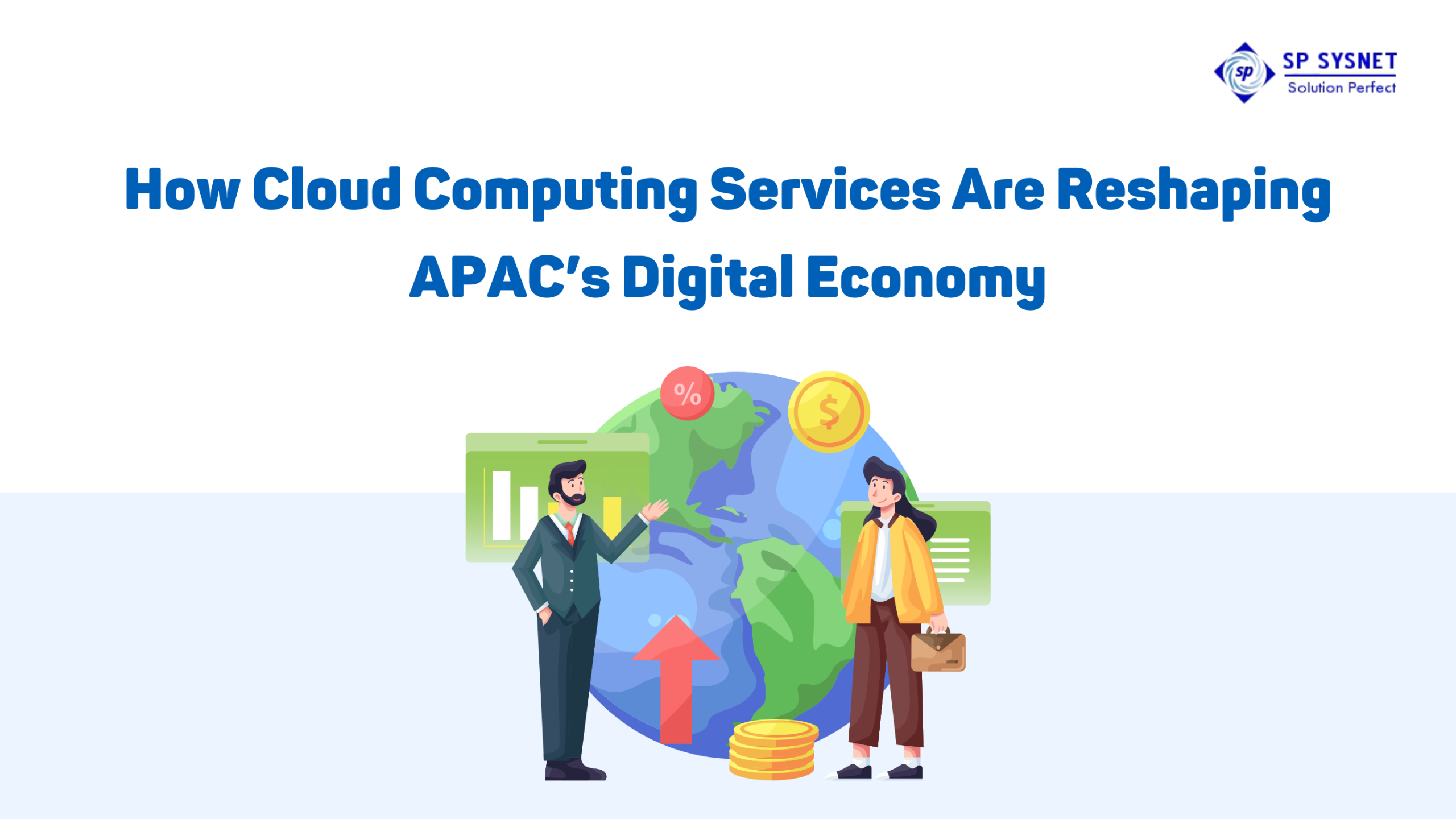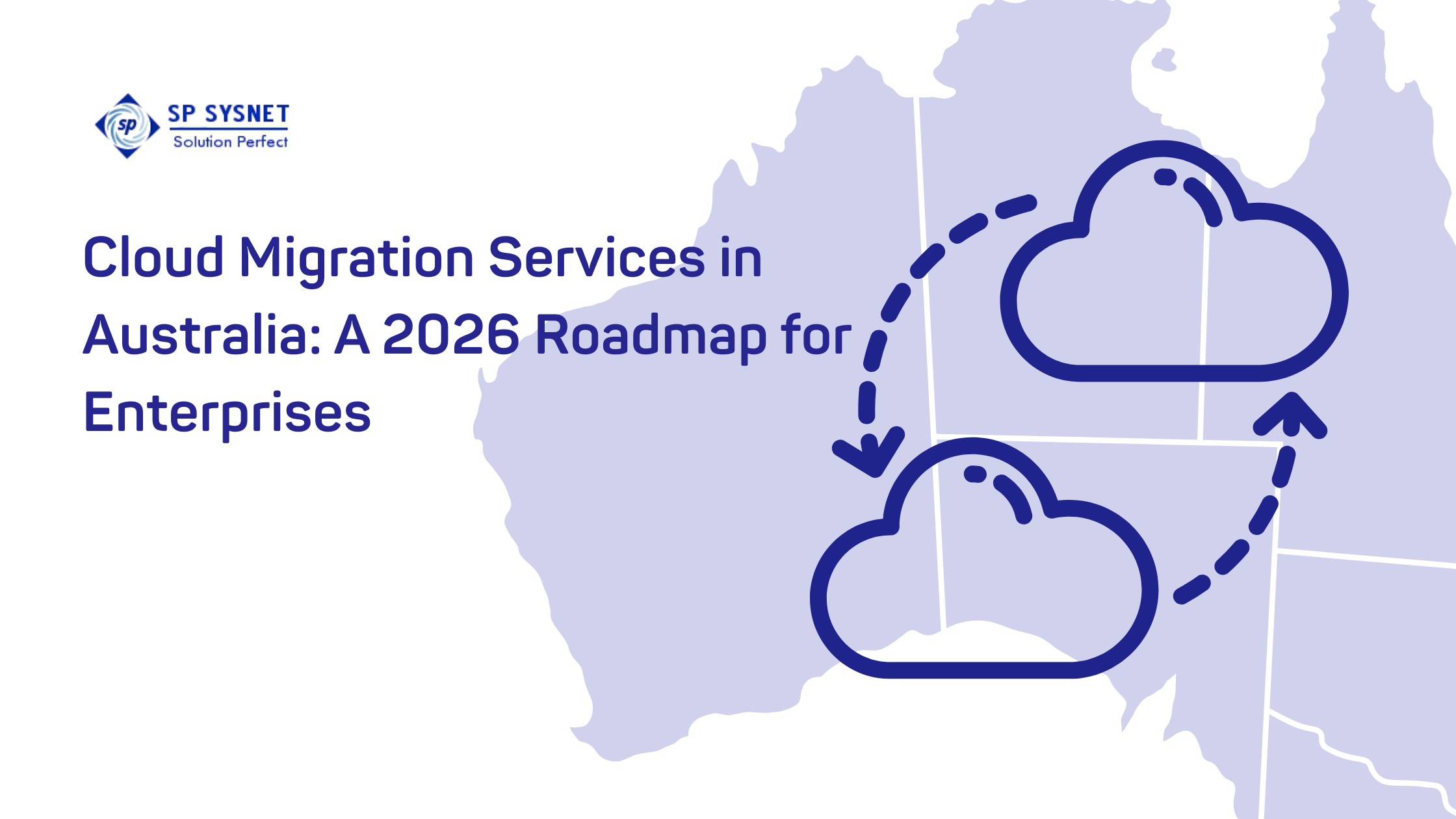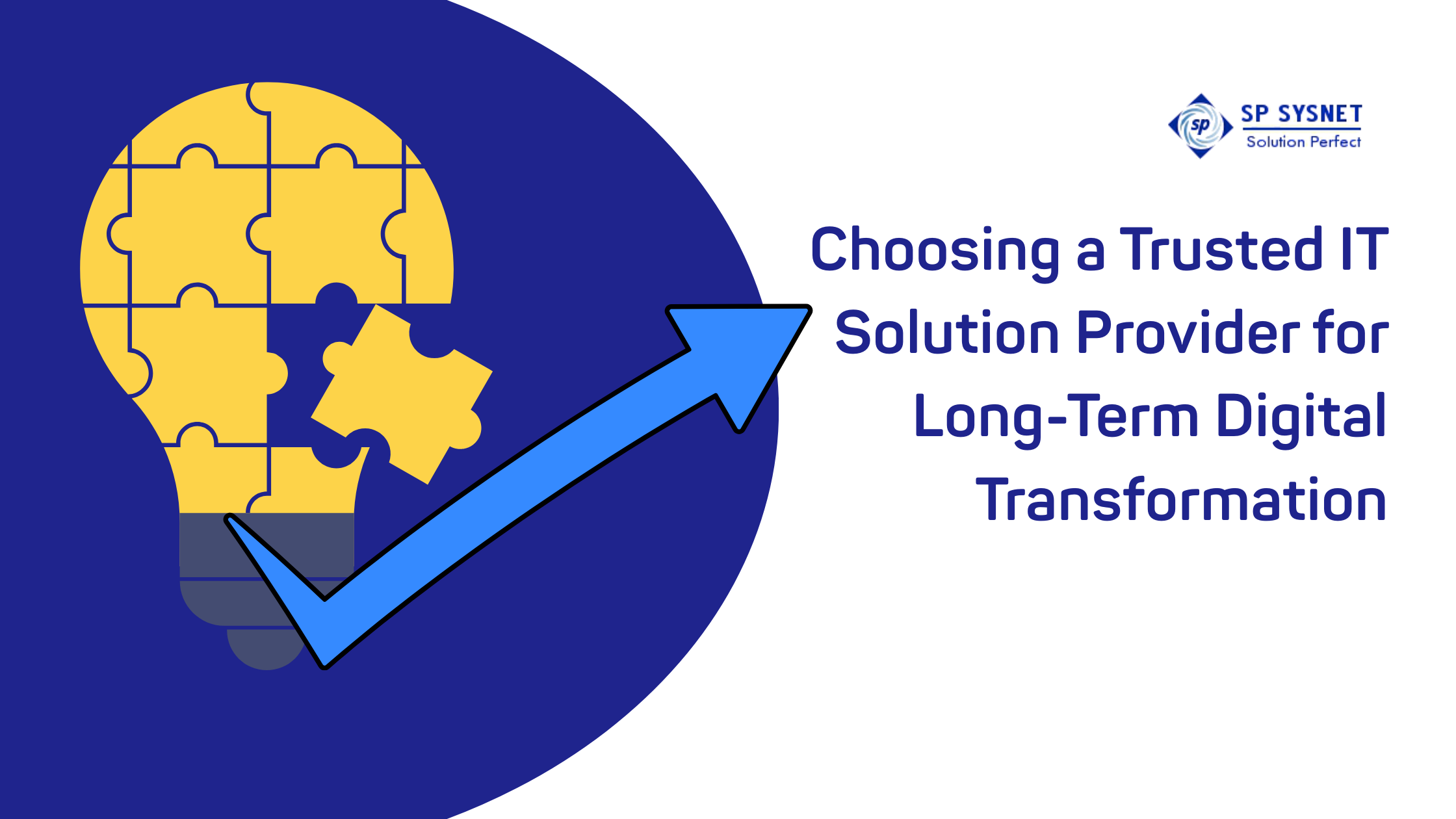The Asia-Pacific (APAC) region is experiencing a remarkable digital transformation, with businesses, governments, and consumers rapidly embracing new technologies to stay ahead in a competitive market. At the heart of this evolution lies cloud computing services in the APAC region, which have become a game-changer for industries of all sizes. From powering e-commerce platforms and financial systems to supporting healthcare and government initiatives, cloud services are not just a technological upgrade—they are the foundation of a new digital economy.
The Rise of Cloud Computing in APAC
Over the past decade, APAC has witnessed exponential growth in digital adoption. With over half the world’s internet users located in this region, the demand for scalable and reliable IT infrastructure is higher than ever. Traditional on-premises models no longer meet the needs of fast-growing enterprises and startups. Instead, cloud services offer flexibility, cost-efficiency, and agility, making them the natural choice for organizations seeking to innovate quickly.
Countries like Singapore, India, China, and Australia have become hotspots for cloud adoption, driven by strong government policies, digital-first strategies, and increasing foreign investments. For example, Singapore’s “Smart Nation” initiative and India’s “Digital India” campaign rely heavily on cloud computing to provide seamless digital access and services to their populations.
Key Drivers of Cloud Adoption in APAC
Several factors are fueling the rapid expansion of cloud computing services in APAC:
- Scalability and Flexibility
Businesses in the region are increasingly operating in dynamic markets that demand rapid scaling. Cloud platforms allow organizations to expand or downsize resources based on demand, ensuring cost optimization and efficient operations.
- Remote Workforce Enablement
The COVID-19 pandemic accelerated digital transformation across APAC. With millions of employees working remotely, cloud services provided the backbone for collaboration tools, virtual desktops, and secure access to business-critical applications.
- Innovation and Emerging Technologies
Cloud platforms serve as enablers for technologies such as artificial intelligence (AI), machine learning (ML), and the Internet of Things (IoT). From predictive analytics in healthcare to real-time fraud detection in banking, innovation thrives on the scalability and processing power of the cloud.
- Government Initiatives
APAC governments are promoting cloud adoption to enhance public service delivery. Initiatives like digital governance, e-healthcare systems, and e-learning platforms rely heavily on cloud computing services in APAC to ensure accessibility and efficiency.
- Cost Efficiency
Cloud solutions eliminate the need for heavy capital expenditure on IT infrastructure, making them particularly attractive for small and medium-sized enterprises (SMEs). This cost-saving aspect is crucial in APAC, where SMEs make up a large share of the economy.
Industries Transformed by Cloud Services:
Cloud adoption is not limited to a single sector—it is reshaping industries across the board:
- E-commerce: The booming e-commerce market in APAC depends on the scalability of cloud platforms to handle peak shopping seasons, customer personalization, and secure payment systems.
- Banking and Finance: Financial institutions use cloud technology for digital banking platforms, fraud detection, and regulatory compliance while ensuring customer data security.
- Healthcare: Cloud-based solutions enable telemedicine, patient data management, and AI-driven diagnostic tools, improving healthcare access across rural and urban regions.
- Education: With the rise of online learning, cloud services have become indispensable in delivering virtual classrooms, digital libraries, and learning management systems.
- Manufacturing: Industry 4.0 initiatives leverage cloud computing to integrate IoT devices, automate processes, and enhance supply chain visibility.
The Role of Cloud in Driving APAC’s Digital Economy:
The digital economy in APAC is growing at a pace faster than any other region in the world, and cloud computing lies at its core. According to reports, the APAC digital economy is expected to exceed trillions of dollars in value in the next decade. Cloud computing accelerates this growth by enabling businesses to:
- Reach New Markets: With cloud-based platforms, companies can expand globally without needing physical infrastructure in every location.
- Foster Innovation: Cloud allows startups and enterprises alike to experiment with new ideas without incurring prohibitive costs.
- Enhance Customer Experiences: From personalized recommendations in retail to seamless online transactions in banking, cloud solutions drive customer engagement and satisfaction.
- Build Resilience: Cloud’s disaster recovery and data backup solutions ensure business continuity, even in the face of disruptions.
Challenges in Cloud Adoption:
While the adoption of cloud computing services in APAC is accelerating, challenges remain:
- Data Security and Compliance: With stricter data sovereignty laws across APAC, businesses must carefully navigate regulatory requirements while using cloud solutions.
- Connectivity Gaps: In rural and remote areas, limited internet infrastructure can hinder the widespread adoption of cloud services.
- Skill Shortages: The demand for cloud professionals often outweighs the supply, creating a skills gap that organizations need to address through upskilling and training programs.
Despite these challenges, the benefits of cloud adoption far outweigh the risks, and businesses are finding innovative ways to overcome them.
The Future of Cloud Computing in APAC
The future of APAC’s digital economy is inseparable from the cloud. Hybrid and multi-cloud strategies are becoming more popular, allowing organizations to balance cost, security, and performance. Edge computing, combined with the cloud, will further enable real-time processing for applications such as autonomous vehicles, smart cities, and advanced healthcare solutions.
Moreover, as 5G networks expand across APAC, cloud services will play a pivotal role in harnessing ultra-fast connectivity, creating new opportunities for innovation and digital growth.
Conclusion
The transformation of APAC’s digital economy is being fueled by the rapid adoption of cloud computing services in APAC. By offering scalability, flexibility, and innovation, cloud platforms are reshaping industries, empowering governments, and enabling businesses to thrive in an increasingly digital-first world. While challenges such as security and connectivity remain, the region’s commitment to digital transformation ensures that cloud adoption will continue to grow.
For organizations looking to harness the full potential of cloud computing and stay ahead in this evolving landscape, partnering with experts is key. SP Sysnet, a trusted provider of IT solutions, offers end-to-end cloud services tailored to the unique needs of businesses in APAC. With their expertise, businesses can confidently embrace the cloud and become leaders in the region’s thriving digital economy.








